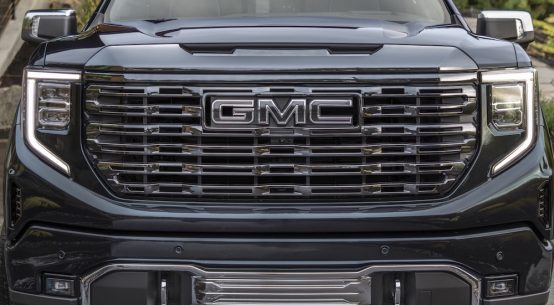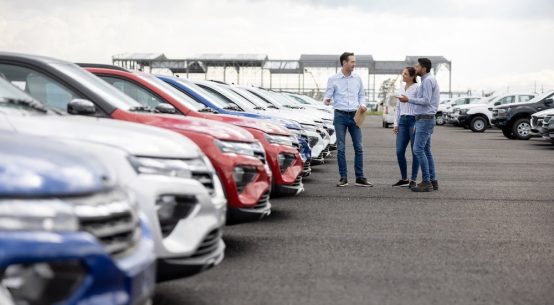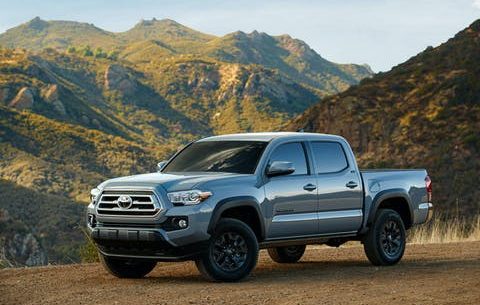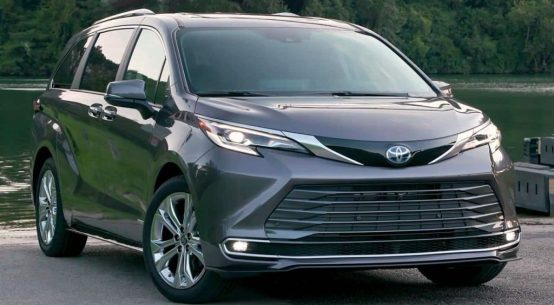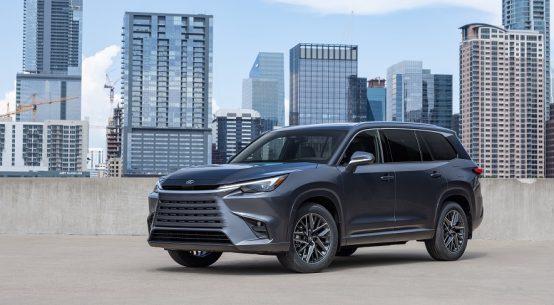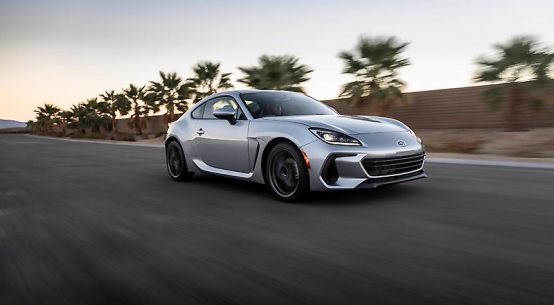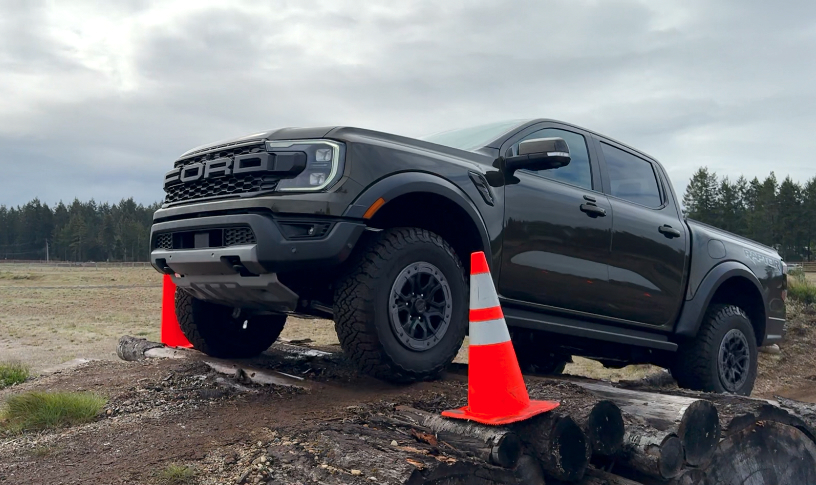
The moment you drive a new car off the lot, its value starts to drop—fast. In fact, Kelley Blue Book reports that by year five, the average car is only worth 42.4% of its original sticker price. But don’t worry; there are ways to be smarter with your investment and avoid taking a bigger financial hit down the road.
While regular maintenance, keeping service records, and watching your mileage are key to preserving a car’s value, there are red flags to watch out for when buying a new car. Here are seven signs your new ride could be harder to sell in five years.
1. It’s a Gas Guzzler
As electric vehicles (EVs) continue to dominate the market and gas prices remain high (over $3.50 per gallon on average, according to AAA), cars with poor fuel efficiency are becoming less attractive to buyers.
“Fuel efficiency is a growing priority for buyers, and cars with low MPG often depreciate faster,” says Rob Dillan, founder of EVhype, an electric vehicle information site. “As fuel costs rise, gas guzzlers will lose appeal on the resale market.”
2. It Has a Bad Reputation for Reliability
When buying a used car, reliability is king. No one wants to inherit the seller’s headaches. If a car brand or model is notorious for breakdowns, it’s a red flag for future buyers.
“Makes with a reputation for constant repairs and breakdowns will tank in value over time,” explains Gretchen Seidel, an automotive expert at Seidel & Co. “Buyers want cars they can trust, especially as they age, so unreliable models scare them away.”
3. It Lacks Modern Tech
The tech in cars today becomes outdated quickly. Five years from now, the features in your new car might seem obsolete, making it harder to resell. That’s why it’s important to buy a car with as much cutting-edge technology as possible.
“Cars with outdated tech struggle to retain value,” says Seidel. “As consumer expectations rise with each new model, pre-owned cars without modern features become harder to sell.”
4. It Has High Maintenance Costs
Car ownership already comes with plenty of expenses—fuel, insurance, loan payments, and occasional repairs. But if your car is known for expensive upkeep, selling it down the road could be a challenge.
“Luxury and performance models often come with costly maintenance,” says John Lin, co-founder of JB Motor Works in Philadelphia. “These high costs can deter future buyers looking for budget-friendly options.”
5. It Has a Poor Safety Rating
Safety features are a big factor for buyers, especially families with kids. Cars with strong safety ratings and advanced features like adaptive cruise control, lane-keeping assistance, and automatic emergency braking tend to hold their value better.
“Vehicles with modern safety tech, such as ADAS (advanced driver assistance systems), and strong crash test scores are much more appealing to buyers,” says Dillan. “They know they’re getting a safer, more reliable car.”
6. It’s a Discontinued Model
When a car model is discontinued, it often loses value because buyers worry about finding parts and service down the line. If the model you’re considering could be phased out, it might hurt your chances of selling it in the future.
“Cars that are no longer in production raise concerns about long-term maintenance and parts availability,” warns Dillan. “This can significantly reduce their resale value.”
To avoid this, stick with models that have a proven track record and are still in production.
7. It’s an Overproduced Model
While popular cars might seem like a safe bet, overproduction can actually hurt resale value. When the used market is flooded with similar models, competition drives prices down.
“When popular models hit the used market in large numbers—especially after lease periods—prices drop due to oversupply,” explains Seidel. “Buyers have too many choices, and that can push resale values lower.”
In conclusion, buying a new car is about more than just getting behind the wheel of something fresh and exciting. It’s about making sure you’re making a smart financial decision for the long haul. By avoiding gas guzzlers, unreliable models, and cars with outdated tech or high maintenance costs, you’ll be better positioned to get a good return when it’s time to sell. Keep these red flags in mind to protect your wallet in the long run.
